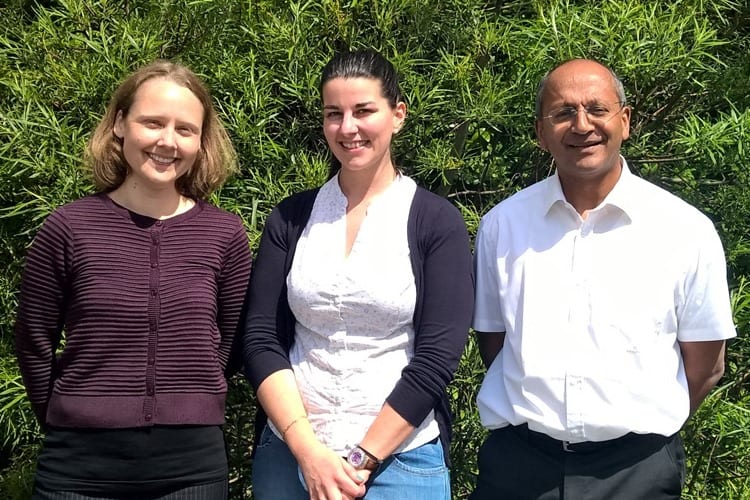CaHRU presents at European Forum for Primary Care Conference in Amsterdam

Members of CaHRU, Dr Coral Sirdifield, Ana Godoy and Prof Niro Siriwardena attended the annual conference of the European Forum for Primary Care (EFPC), ‘Integrated primary care: research, policy and practice’, at the Tobacco Museum in Amsterdam from 30 August Continue reading CaHRU presents at European Forum for Primary Care Conference in Amsterdam

